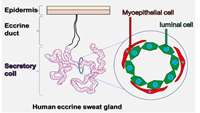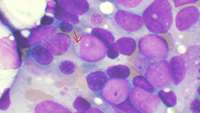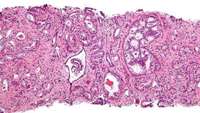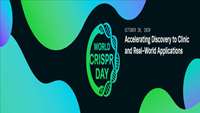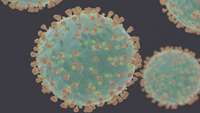Perspiration problems No sweat!
Solving sweat-related concerns that occur in daily life, such as hyperhidrosis and sweat smell, can improve people's quality of life. Now, researchers from Osaka University, in collaboration with Mandom Corporation, have succeeded in generating immortalized human eccrine sweat gland myoepithelial cells (iEM cells). Their findings could help develop next-generation antiperspirants and promote research on sweat dysfunction and sweat gland regeneration.
Convalescent plasma of limited use for COVID-19: study
Leukemia frequently originates from the so-called leukemic stem cell, which resides in a tumor promoting and protecting niche within the bone marrow. Plasma taken from the blood of people who have recovered from COVID-19 and given to people sick with the disease does not reduce their chances of getting seriously ill or dying, new research has found. The findings are from one of the first clinical trials to report the effects of convalescent plasma, which has been given emergency approval in countries including India and the United States.
New therapeutic approach against leukemia
Leukemia frequently originates from the so-called leukemic stem cell, which resides in a tumor promoting and protecting niche within the bone marrow. Scientists from the Max Planck Institute of Biochemistry in Martinsried, Germany, have found a new way to make these cells vulnerable by specifically dislodging these cells from their niches.
32nd International Congress of Pediatrics
The first modern center of medical training in Iran was founded in 1851. It was a part of the Institute of Dar-ol-Fonoon (Polytechnic).
A new way to personalize treatments for prostate cancer
Rutgers researchers have discovered human gene markers that work together to cause metastatic prostate cancer—cancer that spreads beyond the prostate.
World CRISPR Day 2020
World CRISPR Day brings together the entire genome engineering community to discuss how we can safely enable discovery, therapeutics, and practical applications.
Pinpointing the 'silent' mutations that gave the coronavirus an evolutionary edge
We know that the coronavirus behind the COVID-19 crisis lived harmlessly in bats and other wildlife before it jumped the species barrier and spilled over to humans.
Synthego's CRISPR platform enables faster ID of potential Coronavirus treatment
Synthego, the genome engineering company, has collaborated with The Krogan Lab, a world-renowned scientific research unit at the Quantitative Biosciences Institute (QBI) at the University of California, San Francisco (UCSF), to deliver multiple CRISPR-based engineered cell lines to accelerate the study of potential treatment targets for SARS-CoV-2, the novel coronavirus that causes COVID-19 disease.
Stealthy microrobots that can evade the immune system
Microrobots have the potential to radically change the future of medicine. Their small bodies and ever-increasing capabilities allow them to navigate complex, confined environments inside our bodies to deliver therapeutics to sensitive, hard-to-reach places. They could mitigate the need for open surgery and minimize the side effects of treatments such as chemotherapy by delivering drugs to specific locations.
New electronic skin can react to pain like human skin
Researchers have developed electronic artificial skin that reacts to pain just like real skin, opening the way to better prosthetics, smarter robotics and non-invasive alternatives to skin grafts.


